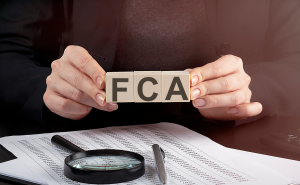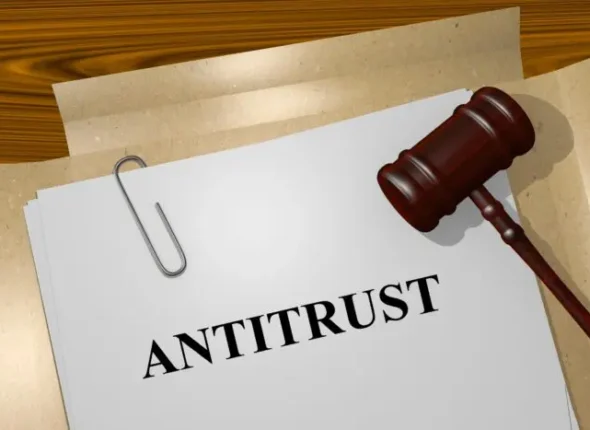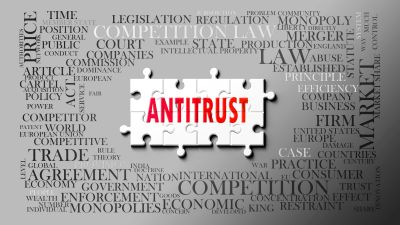North Carolina CLE | Choose Your Plan | Search for a Course

North Carolina MCLE Requirements:
Attorneys in North Carolina must complete 24 hours of NC CLE (Continuing Legal Education) every two years, including at least 4 hours in professional responsibility or professionalism, 1 hour in technology training, and 1 hour in professional well-being. These credits can be earned through Board-approved live seminars, webinars, or on-demand courses, offering flexibility to fit busy schedules. Attorneys are required to report their compliance by their designated deadline, and failure to meet NC CLE requirements may result in fines or administrative suspension. Click Here for the Detailed NC CLE Article | Click here to Visit the NC MCLE Board.
How to Obtain CLE Credit for a Knowledge Group Course in North Carolina:
To earn CLE credit with The Knowledge Group, complete the video courses, answer the secret word questions, and download your Certificate of Attendance. Please note that we do not automatically submit courses for accreditation in North Carolina. Attorneys seeking pre-approved credit may email support@theknowledgegroup.zohodesk.com.
Attendance Reporting Procedure: North Carolina attorneys must self-report their attendance and CLE compliance. The Knowledge Group only submits attendance report for approved courses to North Carolina MCLE Board.
Additional Resources: The Knowledge Group Comprehensive CLE Rules Page or contact CLE support.
North Carolina CLE | Search for Single Courses
Generative AI in Insurance Claims | On-Demand Webinar
Edward J. Currie, Jr. Shareholder | Currie Johnson & Myers, P.A Michelle...
Mental Health & Addiction | On-Demand Webinar
Susan B. Ramsey Partner | McLaughlin & Stern LLP Cari Guthrie, LCSW-C...
Whistleblower Rewards Guide | On-Demand Webinar
Rachel L. Fiset Managing Partner | ZFZ LLP John M. Peterson Partner...
Commercial Tenant Bankruptcy: Key Legal Insights | On-Demand Webinar
Richard H. Golubow Managing Partner | Winthrop Golubow Hollander, LLP Ivan M....
Cartel Law: Latest Shifts | On-Demand CLE Antitrust Webinar
Jindrich Kloub Partner | Wilson Sonsini Goodrich & Rosati James W. Attridge...
2025 HSR Compliance Impact | Live Webinar
Navigating Compliance: How the 2025 Hart-Scott-Rodino Updates Are Impacting Businesses | Live...
Reshaping Antitrust Class Actions | On-Demand Webinar
Gary Harvey President & CEO | Cirque Analytics Brian W. Anderson Associate...
FINRA Arbitration: Issues & Best Practices | On-Demand CLE Alternative Dispute Resolution Webinar
Margaret L. Watson Shareholder | Littler Mendelson P.C. Debra A. Jenks, Esq....
Real Estate Tax Credits Incentives | On-Demand CLE/CPE Tax Webinar
Mike Woeber, CPA CEO | Corporate Tax Advisors, Inc. Michael Silvio, CPA...
Understanding NC CLE Requirements for Attorneys: A Complete Guide
Attorneys practicing in North Carolina must maintain their professional knowledge and ethical standards through NC CLE—North Carolina’s Continuing Legal Education program. This system ensures lawyers remain competent, ethical, and up to date with evolving laws and legal practices. For both new and experienced attorneys, understanding NC CLE requirements is essential to maintaining an active license and avoiding compliance issues or penalties.
NC CLE Requirements for North Carolina Attorneys
The North Carolina State Bar requires all active attorneys to complete 12 hours of NC CLE every year. These hours are designed to foster well-rounded professional development and include specific sub-requirements:
• 2 hours of Ethics and Professional Responsibility
• Optional hours focused on specialty practice areas or trial skills
Attorneys engaged in litigation or specialized practice may also need to focus on courses related to trial advocacy or substantive legal knowledge. This structured approach ensures that continuing education covers both legal expertise and ethical obligations, helping lawyers maintain the highest standards of practice in North Carolina.
How to Complete NC CLE Credits
Attorneys can fulfill their NC CLE requirements through multiple learning formats. Traditional in-person seminars remain popular, providing opportunities for networking and interactive discussion. However, online and on-demand courses offer flexibility for attorneys managing busy schedules.
Approved formats for NC CLE include:
• Live Webinars and Virtual Seminars – Participate in real-time from anywhere.
• On-Demand and Self-Study Programs – Complete courses at your own pace.
• Hybrid Events – Combine live and virtual participation for flexibility.
It is essential to ensure that courses are accredited by the North Carolina State Bar. Only approved programs count toward NC CLE hours, so verifying accreditation before registration is critical. Attorneys are encouraged to track and manage their credits throughout the year to simplify compliance and avoid last-minute issues.
NC CLE Reporting and Deadlines
Reporting NC CLE is straightforward but essential. Attorneys must complete the required hours by December 31 of each calendar year. The North Carolina State Bar provides instructions for reporting and tracking completed credits.
Failure to complete or properly report NC CLE hours can result in administrative penalties, fines, or suspension. Attorneys should maintain records of course completion, including certificates and attendance logs, for at least three years in case of audit. While some providers report attendance directly to the State Bar, it remains the attorney’s responsibility to confirm that credits have been accurately recorded.
Value of NC CLE
Beyond compliance, NC CLE offers significant opportunities for professional growth. Attorneys can choose courses tailored to their practice areas or explore new fields, keeping their skills relevant and effective.
For example:
• Corporate attorneys may focus on contracts, regulatory compliance, or data privacy.
• Family law practitioners can study custody procedures, mediation techniques, and emerging case law.
• Litigators may enhance trial strategy, courtroom advocacy, and evidence handling.
Ethics courses reinforce standards for client confidentiality, conflicts of interest, and professional conduct. By investing in NC CLE, attorneys improve not only their own competence but also the quality of service they provide to clients.
Conclusion | NC CLE
In conclusion, NC CLE is more than a regulatory requirement—it is a cornerstone of professional development for North Carolina attorneys. By completing accredited courses, tracking credits carefully, and meeting reporting deadlines, lawyers can remain compliant while continuously enhancing their skills and ethical awareness.
Through NC CLE, North Carolina attorneys demonstrate an ongoing commitment to professionalism, competence, and client service—ensuring that the legal community maintains high standards and public trust.
For the latest official NC CLE details, forms, and FAQs, attorneys should visit the North Carolina State Unified Court System’s CLE Board website.












